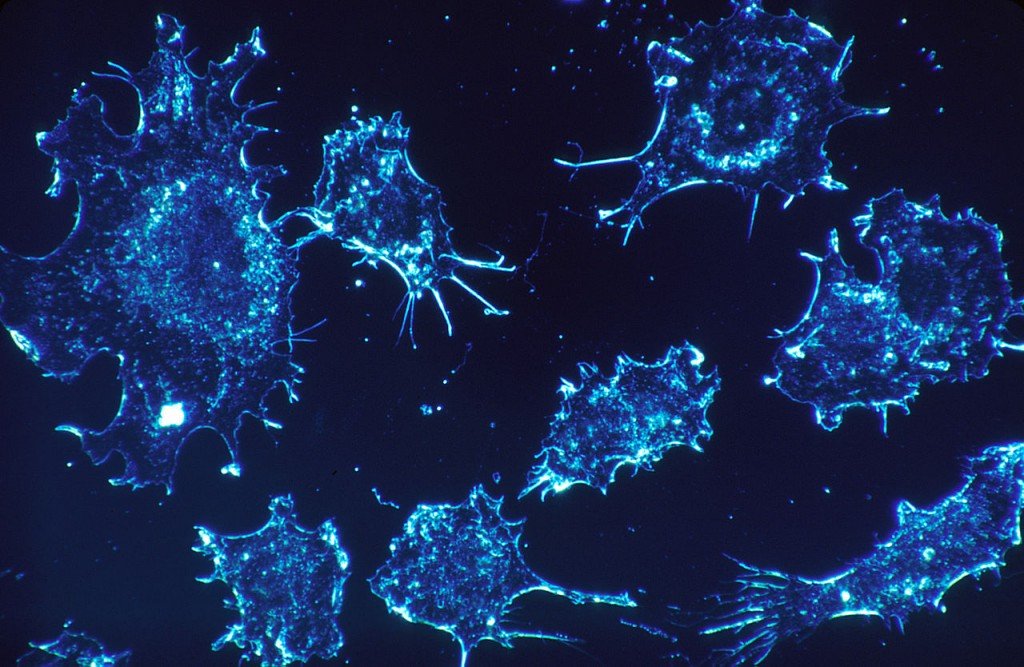A team of scientific researchers from the Mayo Clinic in Florida have successfully reversed the development of cancer by “reprogramming” its cells, in a stunning breakthrough that thwarts further tumor growth.
The new method effectively “turns off” the lethal disease by reinstating the function which stops cells from multiplying and growing wildly. The research findings were published in Nature Cell Biology.
According to Panos Anastasiadis, Ph.D., and chair of the Department of Cancer Biology at Mayo Clinic’s Florida campus, “We have found a new mechanism by which normal cells undergo transition to become tumorigenic.”
In their ordinary state, cells are prevented from an unrestrained growth by a unique “glue” which binds them. This glue is managed by biological microprocessors known as microRNAs.
MicroRNA utilizes a unique protein PLEKHA7 as a mechanism of regulation.
The researchers discovered that the elimination of that mechanism triggers cancer development and the mechanism can be reinstated by exposing cancer cells to MicroRNA molecules, reversing the disease’s spread.
“These [cancer] cells are already missing PLEKHA7. Restoring either PLEKHA7 levels or the levels of miRNAs in these cells turns them back to a benign state,” Anastasiadis said.
The scientists also explained that the special glue, which mainly consists of a couple of proteins – p120 catenin and E-cadherin –, actually encourages cancer when it is deprived of PLEKHA7.
That implies that some particles have “two faces” – a “good one” when they have a constructive role under regular circumstances and a “bad one” when they become dangerous because of deviations.
“I think for therapy it is very important because it shows the way we can turn cancerous cells back to a more normal state,” Anastasiadis explained.
Specialists highlight the significance of the research, but have reservations about the possible efficiency of such treatment.
Henry Scowcroft, Cancer Research UK’s senior science information manager, said, “This important study solves a long-standing biological mystery, but we mustn’t get ahead of ourselves.”
He added, “There’s a long way to go before we know whether these findings, in cells grown in a laboratory, will help treat people with cancer. But it’s a significant step forward in understanding how certain cells in our body know when to grow, and when to stop.”
Dr. Chris Bakal from the Institute for Cancer Research in London concluded, “I think in reality it is unlikely that you could reverse tumors by reversing just one mechanism, but it’s a very interesting finding.”
Stay Connected